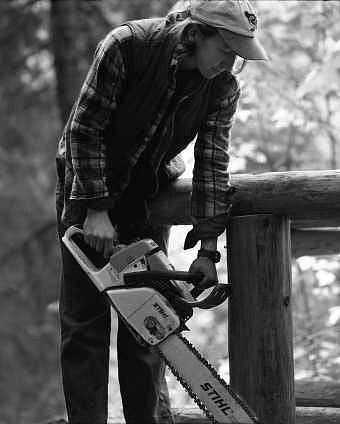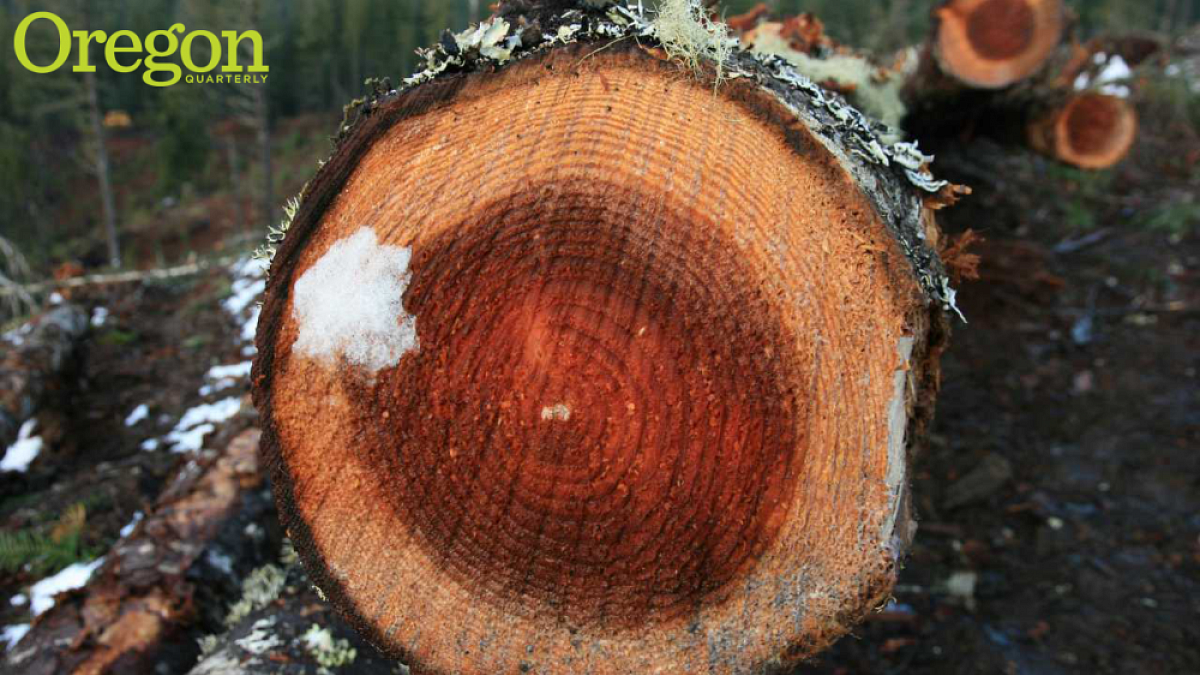One night when I was twelve, Mr. Frazier across the street was edging his lawn. Mr. Frazier was always edging his lawn after dinner. That, or shearing the hedge or poking a screwdriver into a sprinkler head or readjusting the American flag on his lamppost out front. Me, I was shooting baskets. That or throwing a tennis ball at a chalk-marked strike zone or slamming tennis balls against the garage door. It was a typical night on Burnside Court, except that night Mr. Frazier decided to talk to me.
“One of these days you’re gonna outgrow that,” he hollered over to me.
Outgrow what? I wondered. I was stumped.
He tipped his crew cut toward the backboard affixed to our house gutter in a gesture full of derision, one he might reserve for unruly teenagers or unkempt lawns. “Boys’ stuff,” he said.
I shrugged and turned away.
I knew that my sprinkler-soaked world, my cul-de-sac of safe existence, had just sprung a slow leak. I took three long strides toward the juniper hedge, cupped the ball in one hand, and sent a hook shot sailing from twelve feet out. Mr. Frazier shook his head and returned to edging. Me, I watched the ball sail high. I’d practiced that shot a million times, so I knew it would swish through the net. And it did. I also knew this: Mr. Frazier was wrong.
* * *

I couldn’t follow the details. The story was complicated, and Phil was out of breath, and as we hiked, he grew angrier. But I caught the gist: the softball team at the university where Phil’s coach now worked had been getting more money than the baseball team, and Phil’s coach had thrown a public fit, and now, because of the fit, his job was threatened. Softball, in short, was undercutting baseball and at fault, Phil claimed, was Title IX, the girls’ sports legislation. He’d read it in Baseball Weekly.
“I don’t have anything against girls’ sports,” he said, “but softball is not a major sport, and baseball is.”
I should have let it go. One of the unspoken roles of women on all-male crews is to deflect attention always off ourselves, off our gender. If men had had to face the accusatory glare of a figurative Mr. Frazier, they’d deflect, too. I would normally have been happy to deflect attention off Title IX to a more benign topic, like which sport is more major: baseball or fencing? Baseball or soccer? Except for the obvious.
“But Phil, girls aren’t allowed to play baseball.”
I tried to explain Title IX, how it’s about equal rights, how it’s empowering for high school girls. Like his daughter. Like me. I tried to appeal to the side of him that made arguments about the moral rightness of sports: sports as metaphor, sports as life-preparation arguments. But we were beyond that.
“Softball is not a major sport,” he said more loudly.
“Girls aren’t allowed to play baseball!” I cried, incredulous, and now very angry.
Phil always said: never show weakness. The look on his face said he was digging in. There’d be no discussion.
“Softball,” he said, “is not a major sport.”
* * *
On our way up Purple, I tried to explain to Phil how I had believed I could be a famous pitcher and how it felt to discover that I could not. Not so much discover, as admit. I wasn’t blind. I knew women didn’t play in the majors. I just liked to pretend that didn’t mean they couldn’t. Maybe they just hadn’t tried hard enough. As we argued, I returned in my mind to Burnside Court, where as a kid I wrapped my fingers around the tennis ball hidden in my glove, perfecting my grip. I’d memorized the Dodgers lineup and listened to games with my transistor smashed tight to my sweaty ear. I’d known, back then, what I wanted. I wanted to pitch. I would be the next Bruce Sutter, the next Burt Hooton even, if anyone could teach me to throw a knuckle curve with a dog-chewed tennis ball. I wound up and followed through, aiming for the chalk-marked strike zone on the garage door. I rehearsed postgame interviews aloud. And I doggedly ignored the truth: that I could never, ever, pitch in the majors.
As a kid I couldn’t face bald-faced injustice. I still couldn’t. I didn’t care a whit about softball. What I really wanted to say was that I had believed I could be a trails worker. I’d even believed that one day I might take over Phil’s job as foreman. It was still a real possibility, if I could just hang on a little longer. But something had snapped. I knew, like I had known that long-ago day with Mr. Frazier, that this conversation had snagged on something stringy like the inside of a baseball, less solid than it ought to be, and I was losing my footing—not on the trail, no, but in my deepest self—my grounding. I was also losing my temper.
“Women aren’t allowed to play baseball,” I said.
“Softball is not a major sport,” Phil said.
I turned and walked fast, then faster, and in no time I was far ahead of him. When I came to a log across the trail, I cut it and rolled it down the switchbacks, a dangerous practice. If he wanted to play hardball, he’d have to prove himself, and he could not keep up. He couldn’t have kept up, truth be told, on the day of the season when he was in his best shape—he was over sixty, after all—though I knew I’d never again run ahead like that to prove anything. If I wanted to hang on, I knew what I’d have to do: I’d have to try, always, to wrap my mind around other perspectives, to be accepting and understanding and forgiving, or at least pretend to be. Maybe it’s the way I’m made, the planet I’m from (Venus, it turns out, not Mars); mostly it was the way I was required to be. And of all the snaggy truths, this was the snaggiest: if I wanted to be one of the boys, I’d have to act my girliest.
But I knew, even then, that my friendship with Phil, oddly configured as it was, would outpace so many others, in length and depth.
“If you really want to see her hike,” Phil told a mostly male gathering a few months later, “make her mad.”
Then he laughed.
—By Ana Maria Spagna
Ana Maria Spagna ’89 is the author of three books, most recently Potluck: Community on the Edge of Wilderness (Oregon State University Press, 2011). This essay is excerpted from a longer essay by the same name that appears in that book.


